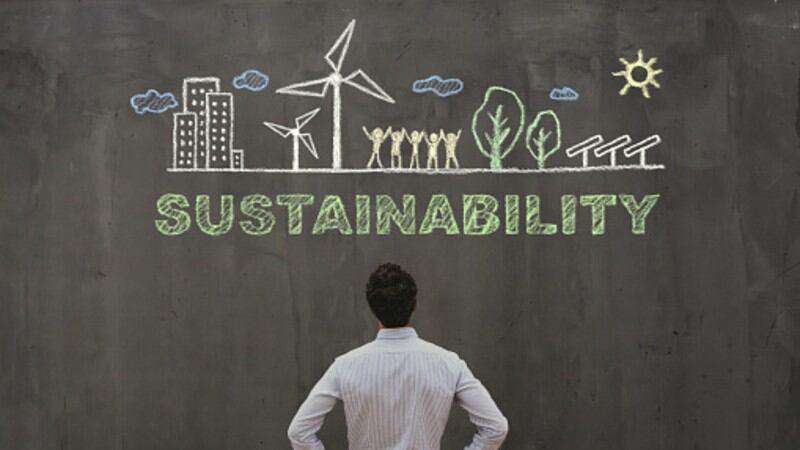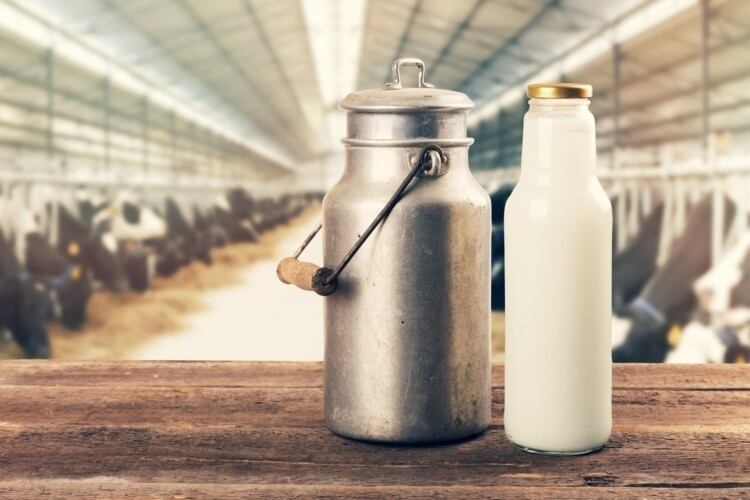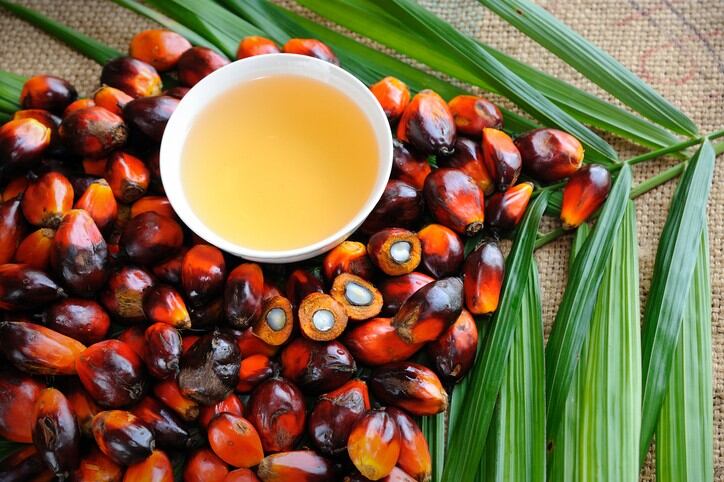Palm oil trade war? ASEAN-EU relations sour over sustainability debate even as UK softens stance
Palm oil and sustainability disagreements have caused ASEAN-EU trade relations to sour even further over the past year with a potential trade war on the line, even as the UK has moved to soften its stance to cement better ASEAN relations post-Brexit.
Palm oil has become a major reason for stalled discussions in the ASEAN-EU Strategic Partnership joint working group, where so far not even a meeting agenda has been approved.
This is because the EU has been adamant on including the EU Green Deal, which features its Farm-to-Fork strategy. This is seen as being detrimental to palm oil-producing nations, so ASEAN has refused to accept it.
“The meeting was first set for January, then February then April and was since postponed again, with both sides not agreeing to the agenda the other wants,” Trade Policy Director at consultancy firm Article Three and palm oil industry expert Khalil Hegarty told FoodNavigator-Asia.
Trickle down effect: Nestle Waters pledges action in Asia to manage its water use and launch community projects
Nestle Waters’ says it is committed to improving community access to clean water in Asia’s developing nations, as well as detailing a new US$130m commitment to sustainably manage its own water usage.
Nestle Waters announced a commitment on June 29 to implement over 100 projects worldwide by 2025 which will focus on creating a ‘positive water impact’, where the amount of water used for its operations will be replenished, or eventually increased, accordingly.
Within these plans, all of Nestle Waters’ drinking water sites, including those in Asia, will be receiving projects to advance water regeneration locally, and locations where clean water is difficult to come by will also see qualitative improvements made. The firm has several water sourcing sites including in Pakistan, Thailand and Turkey (classified as Asia by Nestle Waters) and Nestle's bottled water is distributed in multiple countries such as Malaysia and Cambodia under several brands from Nestle Pure Life to Erikli.
“Of Nestle Waters’ 48 sites globally, some 10% are located in the Asia Pacific region and the projects we launch in Asia will be proportionate to the number of sites we have here,” Nestle Waters Head of Sustainability Cédric Egger said at the commitment announcement event in response to queries from FoodNavigator-Asia.
Tech-based carbon neutrality: Australian meat industry confident in achieving 2030 target amidst wider net zero debate
The Australian meat industry has reaffirmed its commitment to its 2030 carbon neutrality goals on the back of new tools and technologies, even amidst the ongoing wider political debate regarding net zero emissions in the country.
Earlier this year, Australian Prime Minister Scott Morrison has stopped short of fully committing to net zero emissions for Australia by 2050 and former Deputy Prime Minister Michael McCormack hinted that the country ‘could’ remove agriculture from any net zero emissions strategies, leading to debates over the country’s commitment to sustainability goals.
Despite the ongoing uncertainty, the Australian meat and livestock industry body and standards regulator Meat & Livestock Australia (MLA) has reaffirmed its commitment to its Carbon Neutral by 2030 (CN30) target, promising no net release of greenhouse gas (GHG) emissions into the atmosphere.
“[This commitment is important to the industry to] stay ahead of current and future consumer [expectations] regarding environmental credentials [such that] red meat producers can stamp their mark in a competitive global protein market,” MLA Manager – Sustainability Innovation Doug McNicholl told FoodNavigator-Asia.
Sustainable scale-up: NZ brand Vince creates dehydrated plant-based mince to further reduce carbon footprint
New Zealand brand Vince has created dehydrated plant-based mince made entirely from vegetables, touted as a more sustainable plant-based option without the need for a chilled supply chain.
Vince’s plant-based mince is made from vegetables tomatoes, carrots, cauliflower, celery, onions, peanuts herbs and spices.
The ingredients are dehydrated and can be rehydrated with boiling water in four minutes, and used as a meat substitute in meals ranging from nachos, lasagne, burgers, meatballs and more.
Vince’s plant-based mince products are shelf stable, with a shelf life of 12 months. According to the founders, the preliminary plan was to develop a product for the chilled supply chain, similar to other plant-based products available in the market.
‘Fund of Funds’: South Korea zeroes in on food system sustainability and digitalisation with US$70m scheme
The South Korean government has poured in an investment over US$70mn to create a new ‘Fund of Funds’ aimed at boosting sustainability and digitalisation across the nation’s food system.
Earlier this year, the East Asian nation already announced its overall food and agriculture business plan for 2021 with a focus on technology, food security and sustainability, and recently this was followed up with news of a mega-investment fund that can be seen to back this up.
According to the South Korean Ministry of Agriculture, Food and Rural Affairs (MAFRA), a total of KRW 80.5bn (US$70.3mn) will be invested as part of what it has dubbed the ‘Fund of Funds’, which is an overall ‘womb fund’ concept with funds that will be invested into multiple sub-funds, or ‘child funds’ in the food and agricultural sector.
“This agri-food fund is especially focused on new growth areas such as Green Bio and Smart Agriculture [and] is the result of [our] low-carbon, digital transition plans with an emphasis on this sector, which has been deemed a promising investment corresponding with post-COVID-19,” MAFRA stated via a formal statement.





